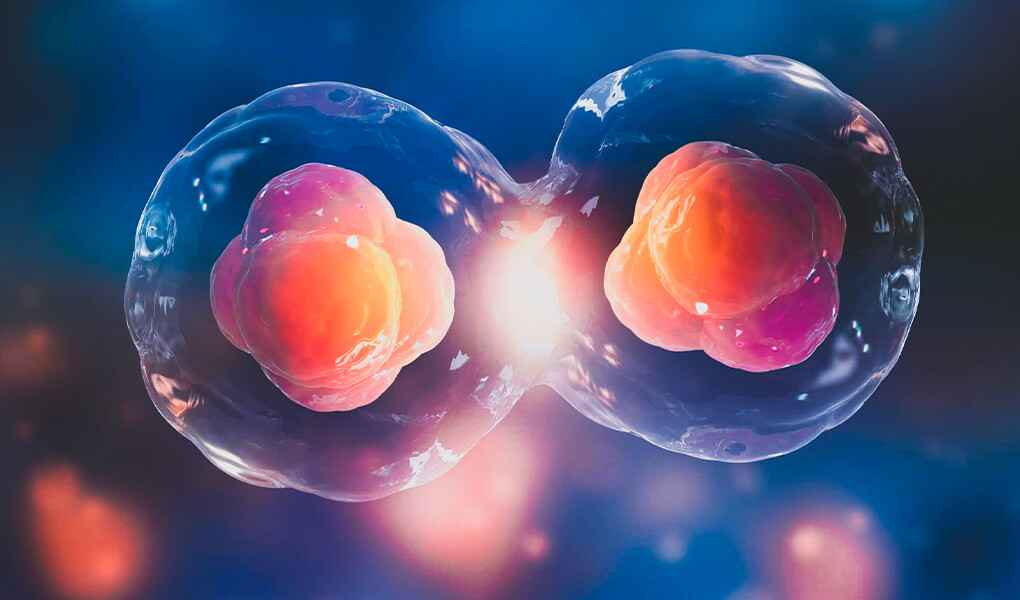


Preimplantation genetic testing for aneuploidy (PGT-A), formerly known as preimplantation genetic screening (PGS), is a procedure used during in vitro fertilization (IVF) to screen embryos for chromosomal abnormalities before they are transferred to the uterus.
Aneuploidy refers to an abnormal number of chromosomes, which can lead to genetic disorders or unsuccessful implantation. PGT-A helps identify embryos with the correct number of chromosomes, increasing the chances of a successful pregnancy and reducing the likelihood of miscarriage.
Preimplantation genetic testing for aneuploidy (PGT-A), formerly known as preimplantation genetic screening (PGS), is a procedure used during in vitro fertilization (IVF) to screen embryos for chromosomal abnormalities before they are transferred to the uterus.
Preimplantation Genetic Testing for Aneuploidy (PGT-A) is primarily conducted by fertility clinics and laboratories specializing in assisted reproductive technology.
Fertility Clinics: These medical facilities provide comprehensive reproductive services, including IVF procedures and genetic testing like PGT-A.
Genetic Laboratories: Specialized laboratories equipped with advanced technologies conduct the genetic analysis necessary for PGT-A.
Reproductive Endocrinologists: These medical professionals specialize in fertility treatments and oversee the entire PGT-A process.
Researchers: The Scientists continuously work on improving PGT-A techniques and developing new approaches to enhance its accuracy and effectiveness.
Regulatory Bodies: Government agencies and professional organizations establish guidelines and regulations to ensure the ethical and safe practice of PGT-A.
Pharmaceutical Companies:Some companies develop and manufacture the medications used in IVF cycles, which may be part of the PGT-A process.
Patient Advocacy Groups: Organizations representing individuals and couples facing fertility challenges may advocate for access to PGT-A and support services.
Support Staff: Nurses, administrative personnel, and other support staff contribute to the smooth operation of fertility clinics and laboratories offering PGT-A services.
"PGT-A aims to improve IVF success rates by selecting embryos with the correct number of chromosomes, known as euploid embryos, for transfer.PGT-A aims to improve IVF success rates by selecting embryos with the correct number of chromosomes, known as euploid embryos, for transfer.PGT-A aims to improve IVF success rates by selecting embryos with the correct number of chromosomes, known as euploid embryos, for transfer.PGT-A aims to improve IVF success rates by selecting embryos with the correct number of chromosomes, known as euploid embryos, for transfer.The PGT-A process begins with ovarian stimulation and egg retrieval, followed by IVF fertilization of retrieved eggs with sperm. Embryos are cultured in a laboratory until they reach the blastocyst stage, typically around day five or six after fertilization. At this stage, a few cells are removed from each embryo through a biopsy procedure, usually without harming embryo viability".